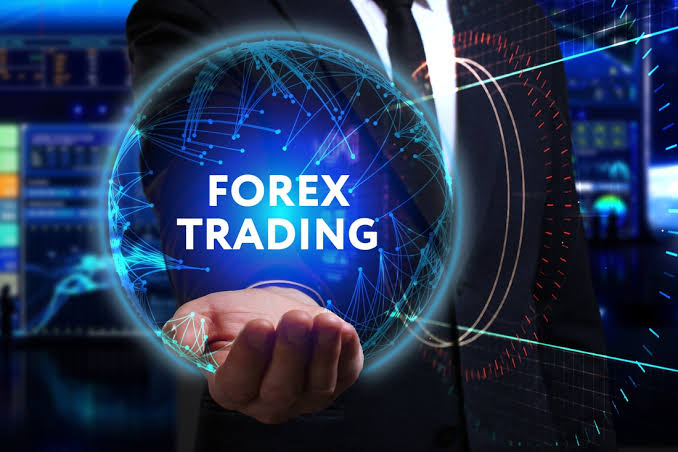
The world of Forex trading can be an exciting and potentially lucrative avenue for investors. The first step in your trading journey is selecting a reliable broker. Understanding the role of trading brokers forex https://tradingplatform-hk.com/ is crucial for both beginners and experienced traders. This article will delve into the various types of Forex brokers, how to evaluate them, and what to look for when choosing the best one for your trading needs.
What is a Forex Trading Broker?
A Forex trading broker acts as an intermediary between retail traders and the foreign exchange market. Brokers provide access to trading platforms, execute orders, and may offer additional services like market research, analysis tools, and educational resources. The relationship between a trader and a broker is vital, as it can significantly affect a trader’s success.
Types of Forex Brokers
Forex brokers can generally be categorized into three main types:
- Market Makers: Market makers provide liquidity by creating their own markets. They buy and sell currency pairs directly to traders, often benefiting from the spread between the buying and selling prices.
- ECN Brokers: Electronic Communication Network (ECN) brokers connect traders directly with liquidity providers, offering tighter spreads. They prioritize transparency and often have lower fees, as they do not take the other side of their clients’ trades.
- STP Brokers: Straight Through Processing (STP) brokers route orders directly to liquidity providers for execution. They use advanced technology to process transactions quickly and efficiently, often resulting in better spreads and execution prices.
Evaluating Forex Brokers
When evaluating Forex brokers, there are several key factors to consider:
1. Regulation and Security
Always choose a broker that is regulated by a reputable authority. Regulatory bodies, such as the Financial Conduct Authority (FCA) in the UK or the Commodity Futures Trading Commission (CFTC) in the US, ensure brokers adhere to strict standards, protecting your funds and personal information.
2. Trading Platform
The trading platform is where all your trading activities will take place. Look for a user-friendly interface, fast execution speeds, and availability of advanced tools for technical analysis. Popular trading platforms include MetaTrader 4 (MT4), MetaTrader 5 (MT5), and cTrader.
3. Spreads and Fees

Compare the spreads and commissions charged by different brokers. Lower spreads can enhance your profitability, especially if you plan to trade frequently. Be aware of any additional fees, such as withdrawal charges or inactivity fees.
4. Customer Support
Good customer support is essential for a smooth trading experience. Test the broker’s support service by contacting them with questions before opening an account. Efficient support channels (chat, email, phone) are indicators of a reliable broker.
5. Account Types
Different brokers offer various account types that cater to different trading styles and needs. Ensure the broker provides accounts that suit your trading habits, whether you are a scalper, day trader, or swing trader.
Choosing the Right Forex Broker
After evaluating brokers based on the above criteria, create a shortlist of candidates. Open demo accounts to practice and familiarize yourself with the trading platforms before committing real funds. Use this period to test customer support responsiveness and gather insights on the platform’s capabilities.
Common Mistakes to Avoid
While selecting a Forex broker, it’s easy to make mistakes. Here are some common pitfalls to avoid:
- Ignoring Regulation: Trading with unregulated brokers can expose you to fraud and security risks.
- Overlooking Trading Conditions: Understand the trading conditions thoroughly, including margin requirements, leverage, and available currency pairs.
- Not Reading Reviews: Take the time to read reviews and feedback from other traders to gauge the broker’s reputation and reliability.
- Choosing Based on Bonuses Alone: While bonuses can be attractive, they should not be the sole factor in your decision-making process.
Conclusion
Selecting the right Forex trading broker is a fundamental step that can shape your trading journey. Take your time to evaluate various brokers based on regulation, trading platforms, fees, customer support, and the overall trading experience they offer. With the right broker, you’ll be well-positioned to navigate the Forex market successfully and make informed trading decisions.
In summary, understanding Forex brokers, their structures, and the services they provide is essential for both new and seasoned traders. By being diligent in your research and selection process, you can build a solid foundation for your trading activities.